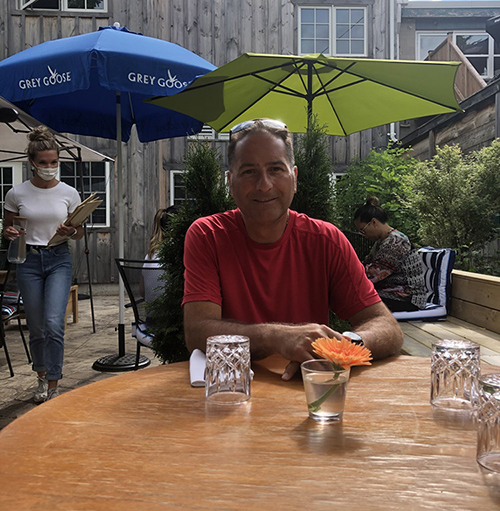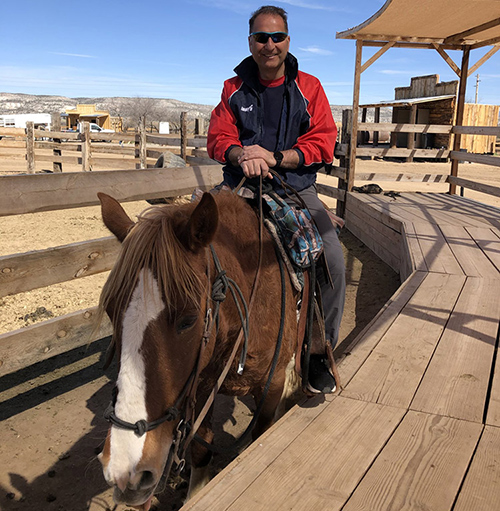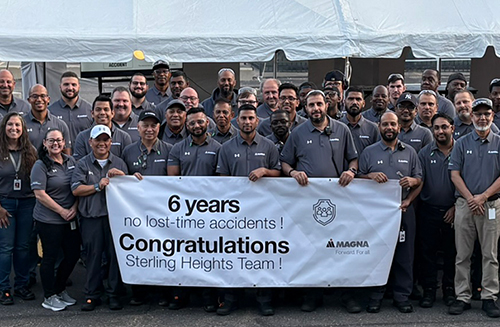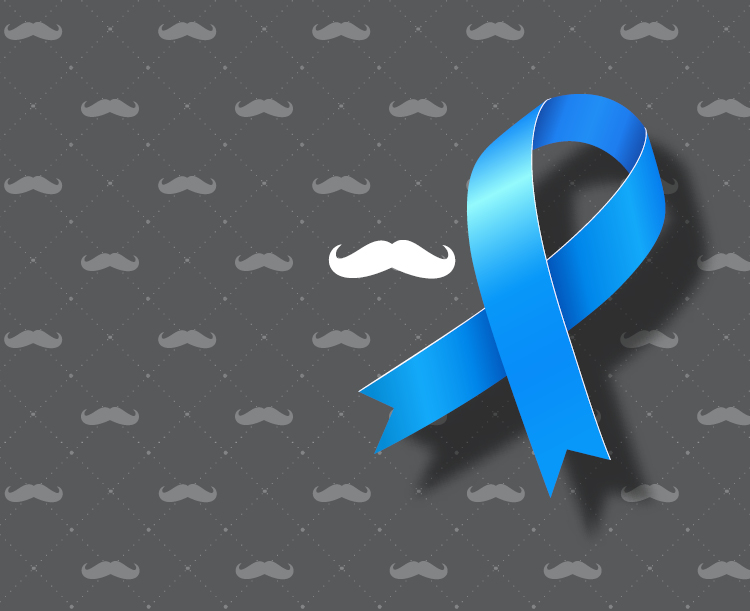Colorectal cancer rates are skyrocketing globally, with recent studies revealing that one in 24 men and one in 26 women will develop colorectal cancer during their lifetime. My story echoes a devastating trend; one in five people diagnosed with colorectal cancer are now under the age of 55.
At the time I was diagnosed, getting a colonoscopy to screen for cancer was not even recommended for my age group. The new recommendation is for individuals at average risk of colorectal cancer to begin screening at age 45, a decrease from the previous age of 50.
That’s why it’s important to control the controllable and make good dietary and lifestyle choices that decrease your risk. Diets high in processed and red meats but low in fibre, fruits, and vegetables are known to increase the risk of colorectal cancer. I’ve followed my wife Kimberley’s lead and now eat vegetarian meals. I get colonoscopies every three years.
What’s beyond your control are family history and genetics that raise your risk. In my family, there’s a history of prostate cancer. Anyone with hereditary conditions should consult their doctor about proactive screening.
Ten years after my diagnosis and surgery, I’m now cancer-free. I enjoy leading a Magna team of 12 who support mylife and other applications used by global employees. I play pickup hockey three times a week and enjoy Friday night walks along the river in Newmarket with my best friend Tim. We talk about the Maple Leafs, the Edmonton Oilers, and work. I check-in with Magna’s Employee and Family Assistance Program when I have personal concerns and need advice.
I share my story because it’s a small thing I can do to help. Cancer sucks. That’s why I support Movember.
You check your car, your team, and your stats – so when’s the last time you checked your health?







